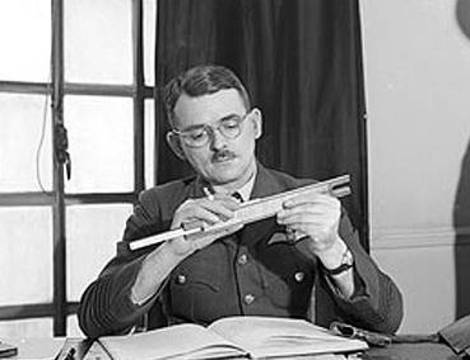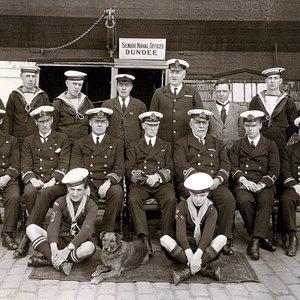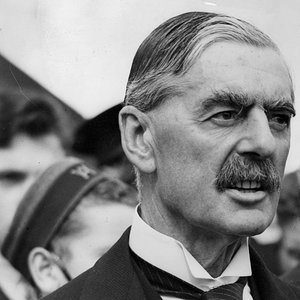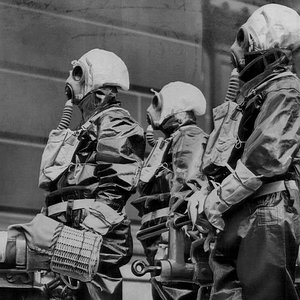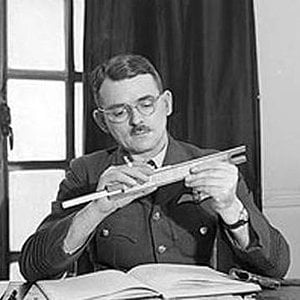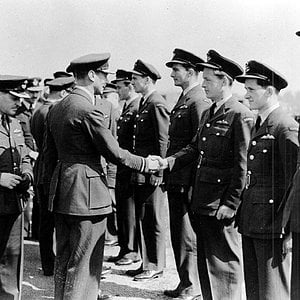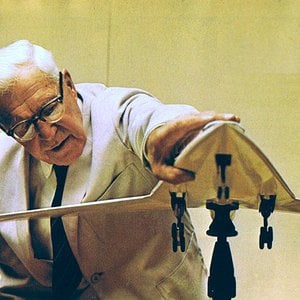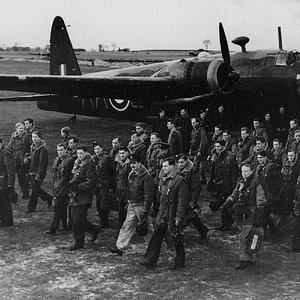Navigation
Install the app
How to install the app on iOS
Follow along with the video below to see how to install our site as a web app on your home screen.
Note: This feature may not be available in some browsers.
More options
You are using an out of date browser. It may not display this or other websites correctly.
You should upgrade or use an alternative browser.
You should upgrade or use an alternative browser.
From an early age Whittle demonstrated an aptitude for engineering and an interest in flying. Determined to be a pilot, he overcame his physical limitations to be accepted into the RAF, where his abilities earned him a place on the officer training course at Cranwell. He excelled in his studies and became an accomplished pilot. While writing his thesis there he formulated the fundamental concepts that led to the creation of the turbojet engine, taking out a patent on his design in 1930. His performance on an officers' engineering course earned him a place on a further course at the University of Cambridge where he graduated with a First. [3]
Without Air Ministry support, he and two retired RAF servicemen formed Power Jets Ltd to build his engine with assistance from the firm of British Thomson-Houston. Despite limited funding, a prototype was created, which first ran in 1937. Official interest was forthcoming following this success, with contracts being placed to develop further engines, but the continuing stress seriously affected Whittle's health, eventually resulting in a nervous breakdown in 1940. In 1944 when Power Jets was nationalised he again suffered a nervous breakdown, and resigned from the board in 1946. [4]
In 1948 Whittle retired from the RAF and received a knighthood. He joined BOAC as a technical advisor before working as an engineering specialist in one of Shell Oil's subsidiaries followed by a position with Bristol Aero Engines. After emigrating to the U.S. in 1976 he accepted the position of NAVAIR Research Professor at the United States Naval Academy from 1977-1979. In August 1996, Whittle died of lung cancer at his home in Columbia, Maryland. [2]
Without Air Ministry support, he and two retired RAF servicemen formed Power Jets Ltd to build his engine with assistance from the firm of British Thomson-Houston. Despite limited funding, a prototype was created, which first ran in 1937. Official interest was forthcoming following this success, with contracts being placed to develop further engines, but the continuing stress seriously affected Whittle's health, eventually resulting in a nervous breakdown in 1940. In 1944 when Power Jets was nationalised he again suffered a nervous breakdown, and resigned from the board in 1946. [4]
In 1948 Whittle retired from the RAF and received a knighthood. He joined BOAC as a technical advisor before working as an engineering specialist in one of Shell Oil's subsidiaries followed by a position with Bristol Aero Engines. After emigrating to the U.S. in 1976 he accepted the position of NAVAIR Research Professor at the United States Naval Academy from 1977-1979. In August 1996, Whittle died of lung cancer at his home in Columbia, Maryland. [2]

